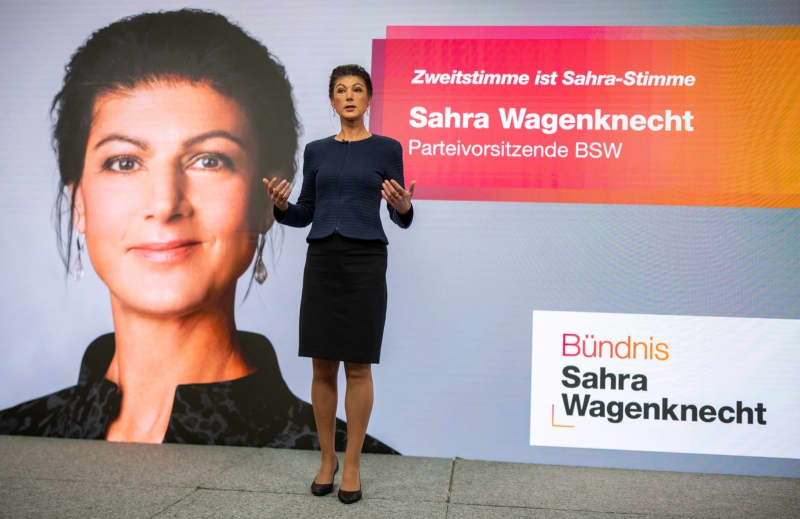Germany’s political landscape is witnessing significant shifts, particularly with the emergence of the populist party Bündnis Sahra Wagenknecht (BSW), founded by the former far-left leader Sahra Wagenknecht. As the country gears up for its federal elections scheduled for February 23, 2024, BSW is capitalizing on social discontent by promoting a platform focused on concrete social measures. Central to its campaign are proposals like rent freezes, higher pensions, and increased social spending, all aimed at addressing the growing economic challenges faced by everyday Germans. With softening support for traditional parties, BSW is positioning itself as a voice for individuals disenchanted with the current establishment.
At the heart of BSW’s manifesto lies its commitment to freezing rent increases until 2030 in regions where the housing market has significantly outpaced income growth. The housing crisis, marked by a shortage of affordable homes and rising rents—up 4% in 2024 alone, according to the German Institute for Economic Research—has made this promise particularly appealing to urban voters. Amid these economic woes, BSW emphasizes the need for a minimum pension of €1,500 for individuals who have contributed to the system for 40 years, a tax exemption on pensions up to €2,000 per month, and a call for a statutory minimum wage to alleviate poverty among retirees.
In addition to these social measures, BSW is advocating for revolutionary changes in Germany’s healthcare system. The party proposes the abolition of extra contributions to statutory health insurance and aims to introduce a citizens’ health insurance model that ensures comprehensive coverage for all. By addressing disparities in healthcare funding and access, BSW seeks to reposition its social agenda as not just reactive but transformative, appealing to a wide swath of the populace concerned about healthcare affordability and accessibility.
Beyond its domestic policies, BSW also presents a stark shift in Germany’s foreign policy stance, particularly toward the ongoing war in Ukraine and migration issues. The party has called for a cessation of arms deliveries to Ukraine, alongside “honest ceasefire efforts,” reflecting its pro-Russian leanings amidst a polarized view on the conflict. BSW’s approach to migration includes housing asylum seekers in safe countries outside the EU while their claims are being processed, advocating not just a pragmatic but also a controversial stance that resonates with anti-migrant sentiments prevalent among certain voter demographics.
Founded in January 2023, BSW’s platform represents a blend of traditional left-wing policies and populist rhetoric. The party’s surprising electoral success in two eastern German states has bolstered its visibility and placed it at a polling threshold of 5%, the minimum required to enter the Bundestag. This indicates a broader acceptance of their policies among constituents feeling overlooked by conventional political actors. Given the recent political turbulence following Chancellor Olaf Scholz’s government coalition collapse, BSW is poised to capitalize on voters’ frustrations, eager for alternatives that promise immediate, tangible solutions.
The unfolding narrative surrounding BSW is indicative of broader European trends, where populist movements capitalize on socioeconomic grievances and the need for policy responsiveness. As traditional left and right parties navigate their policies in increasingly competitive environments, BSW’s emergence could reconfigure alliances and voter bases in the upcoming elections. Ultimately, the party’s appeal hinges on the successful framing of its manifesto as a robust response to pressing issues like the housing crisis, pension adequacy, and healthcare accessibility, while challenging existing paradigms of foreign and migration policy. As Germany approaches the elections, BSW stands as a test case of the intersection between people’s rising discontent and the populist appeal in times of crisis.

